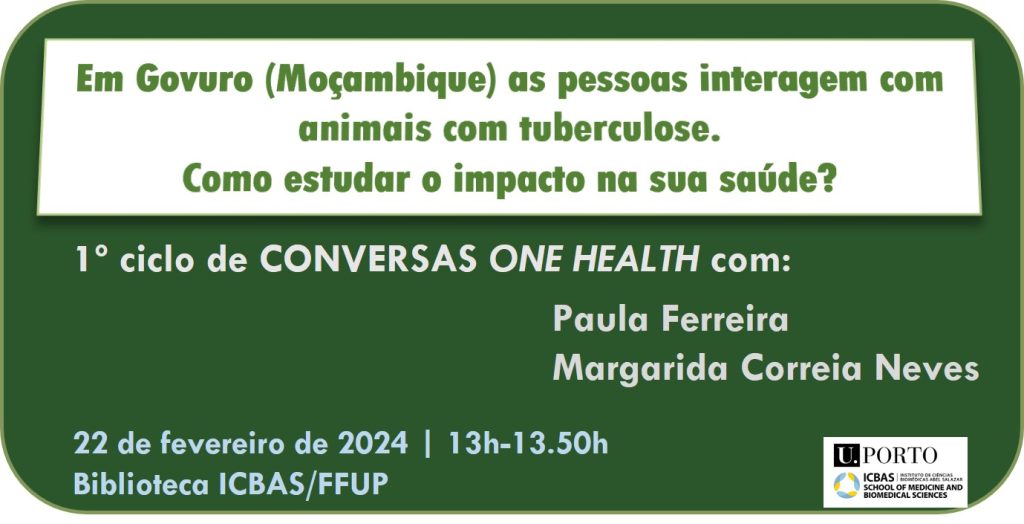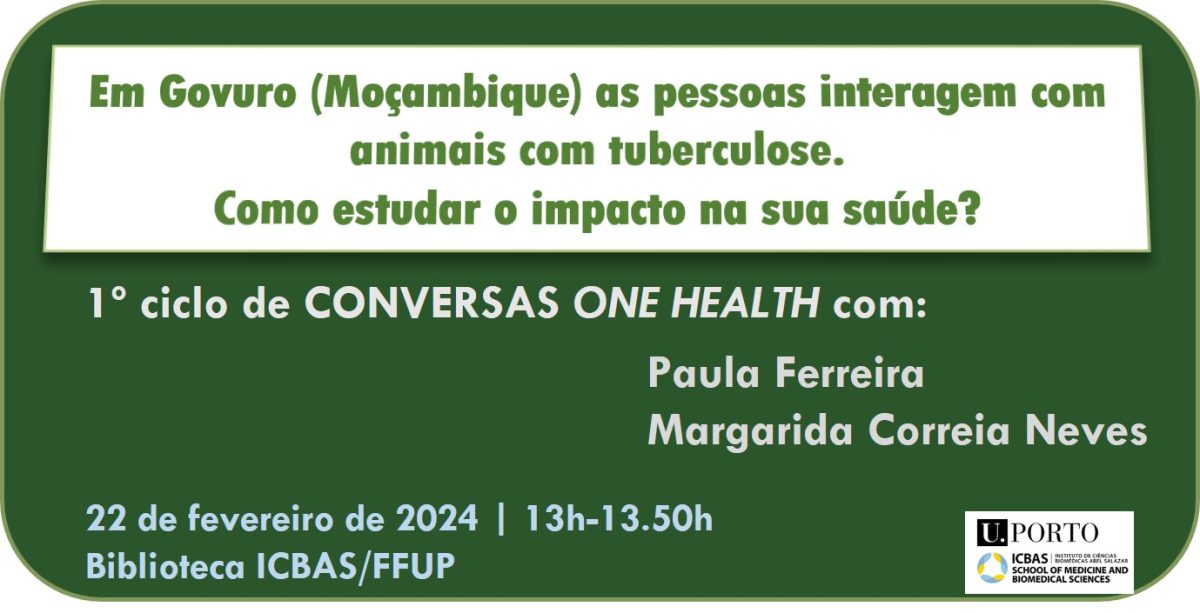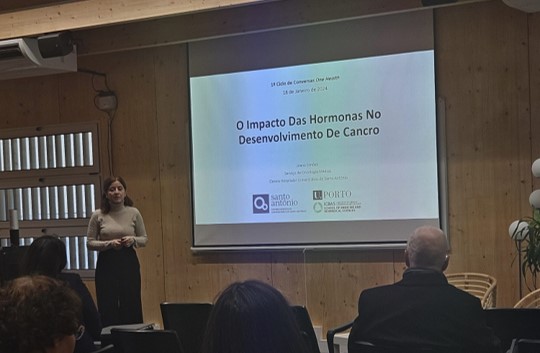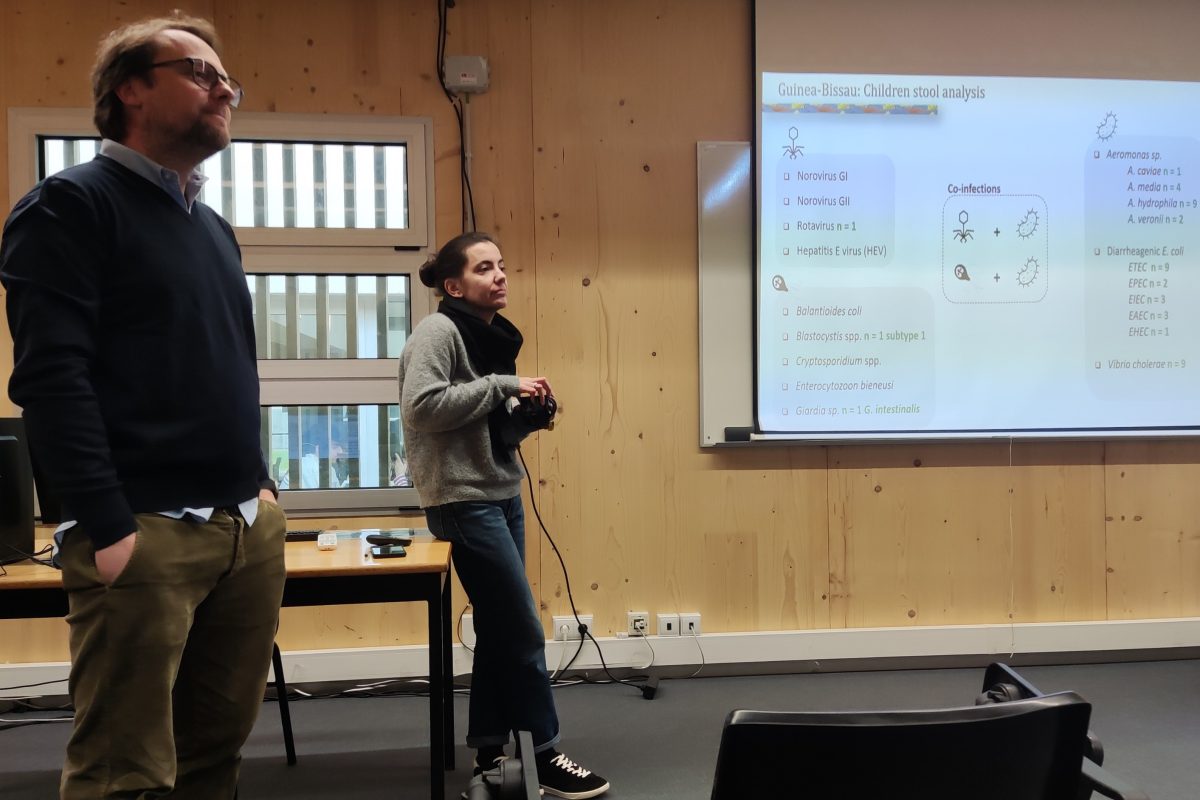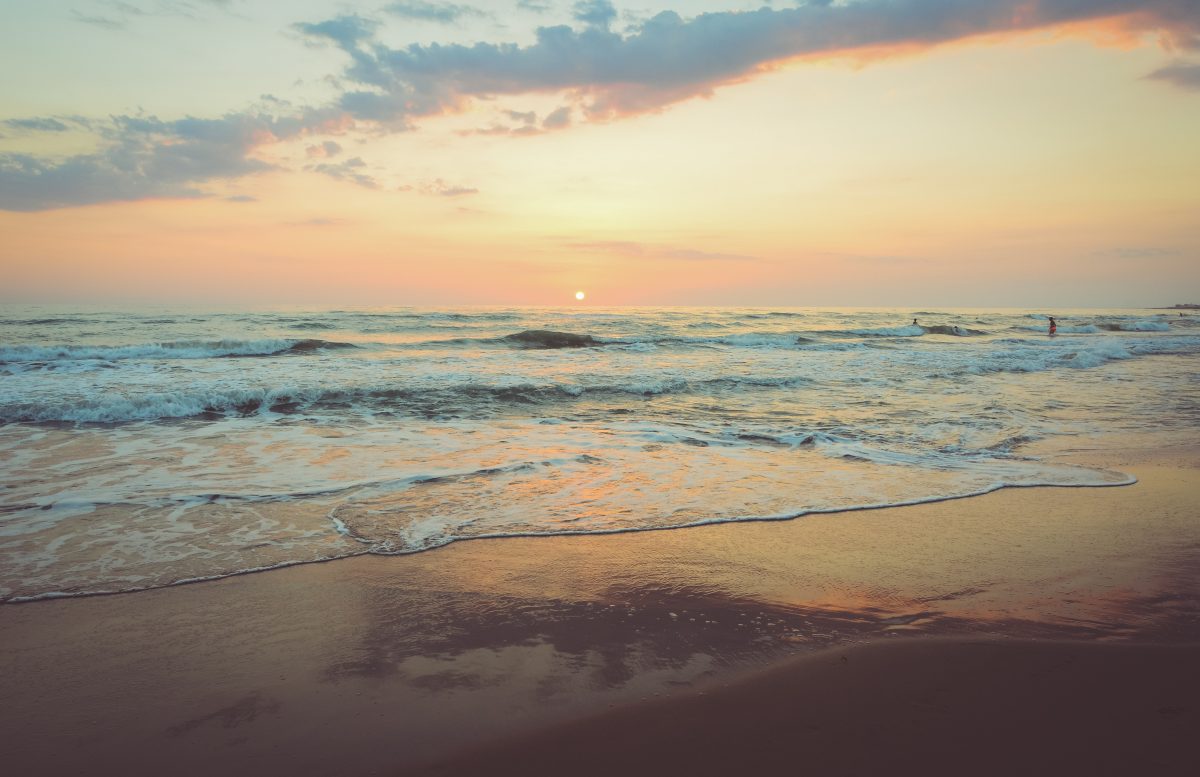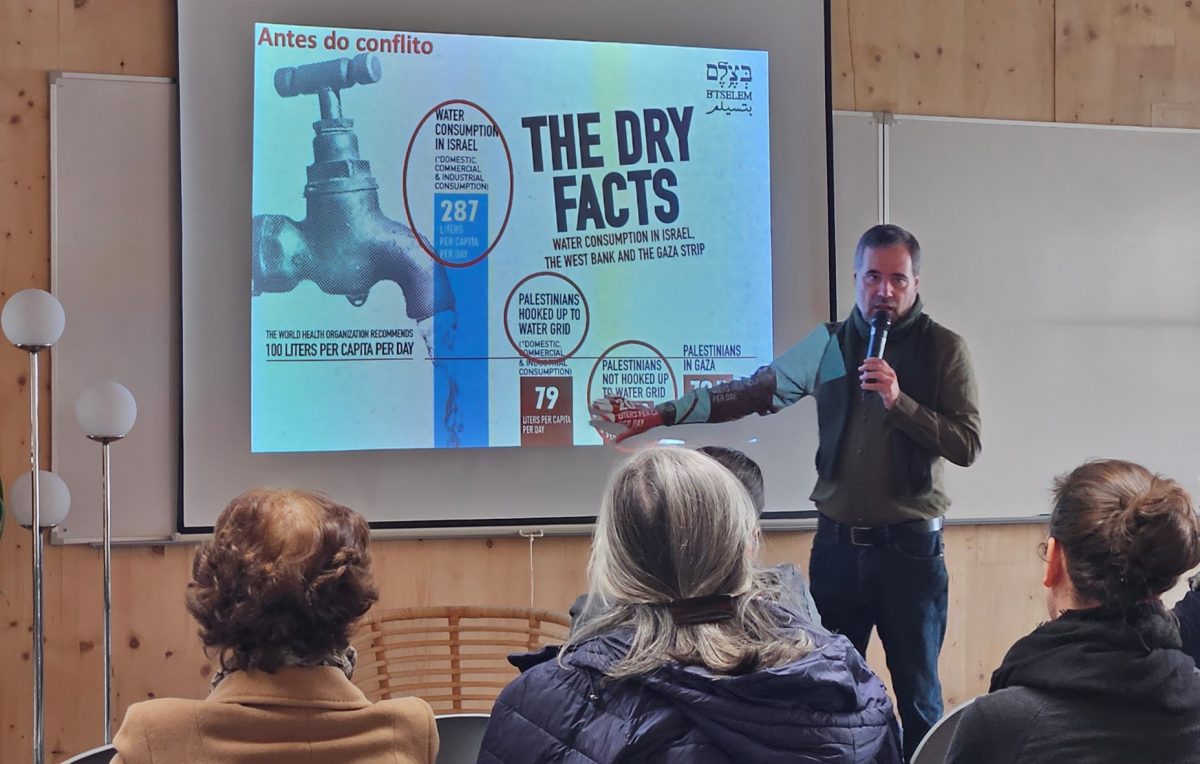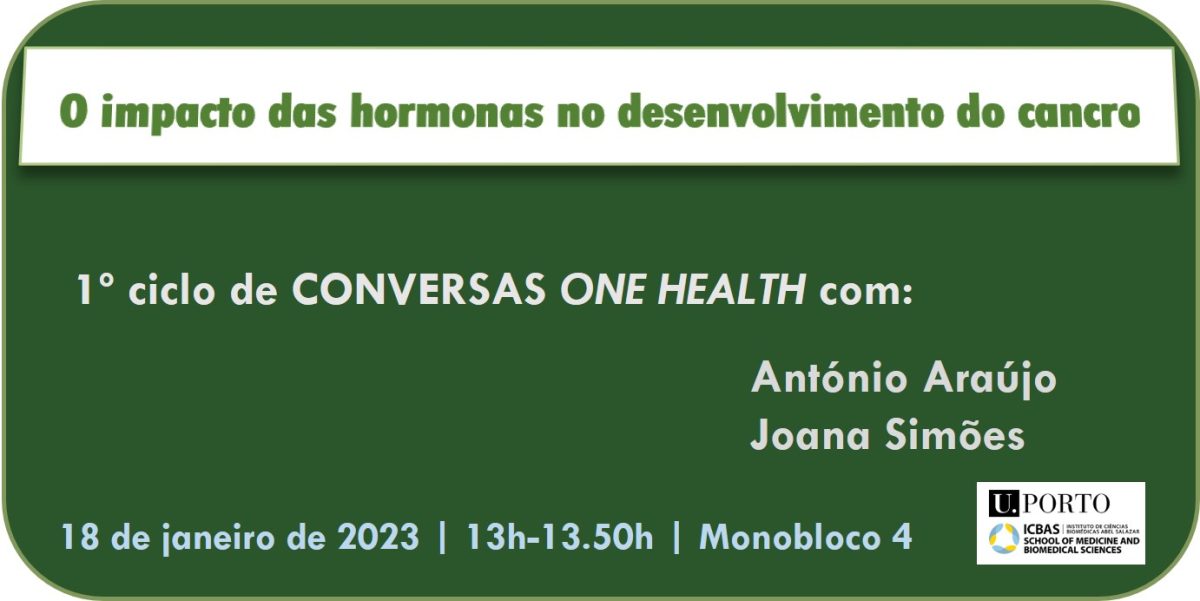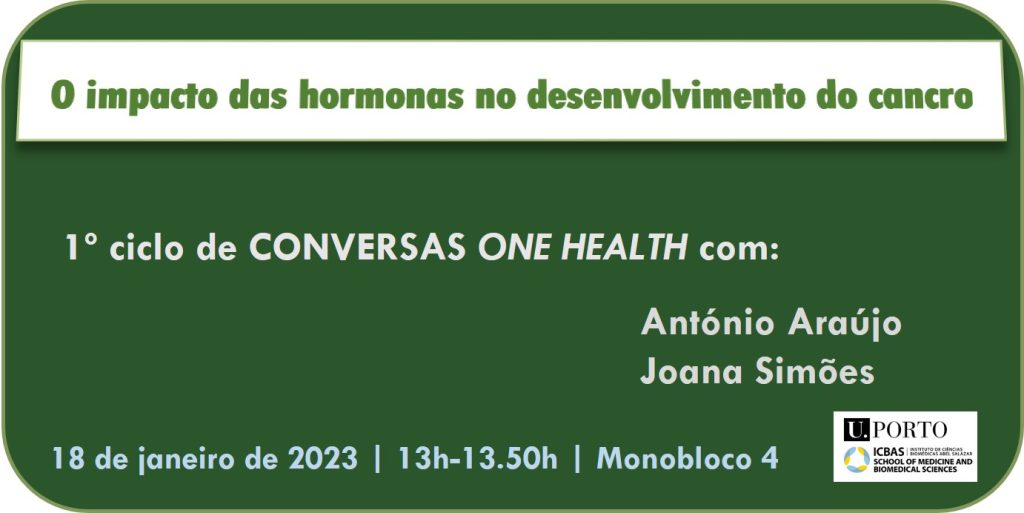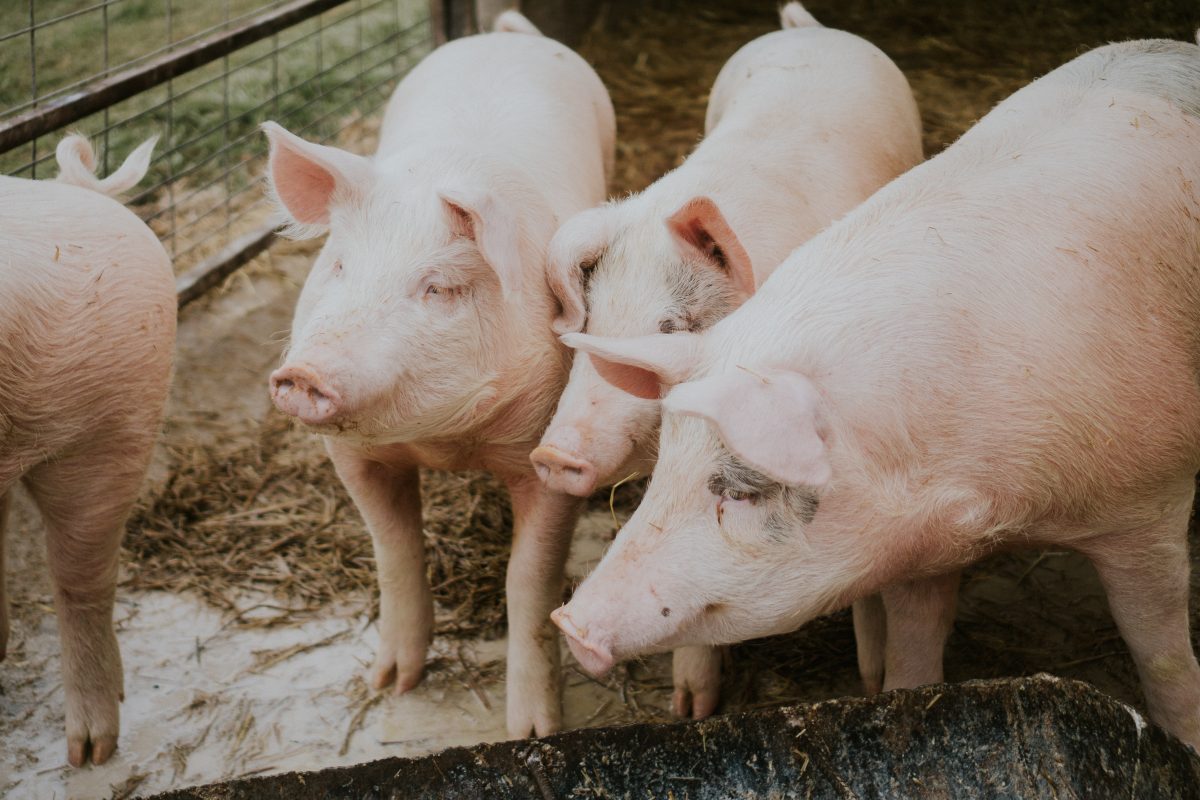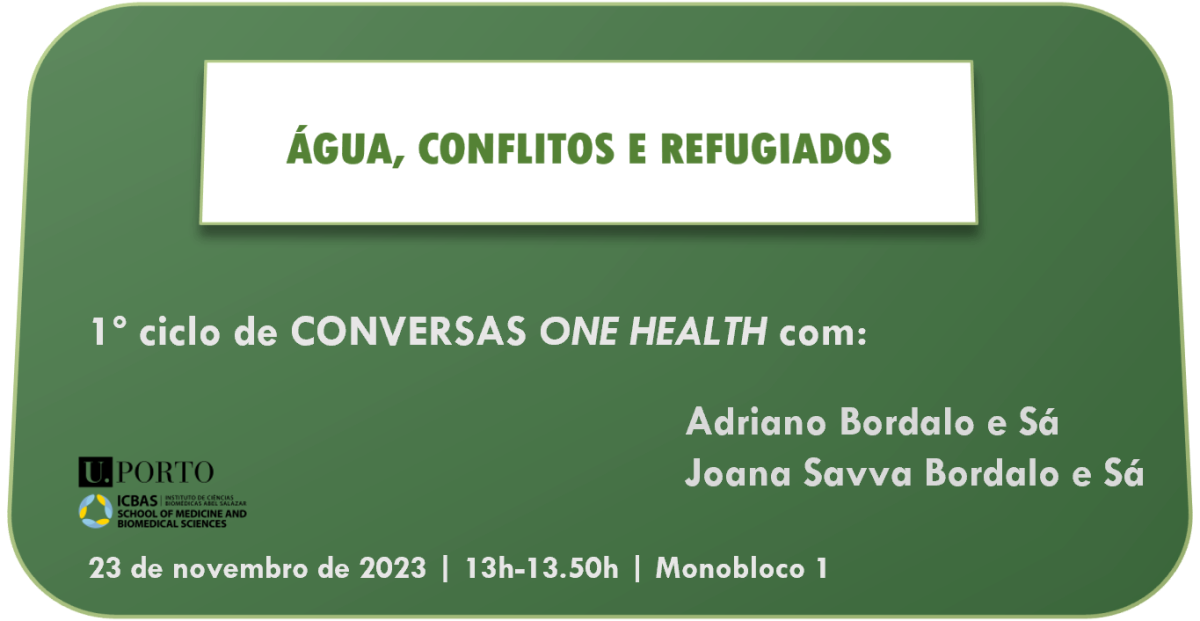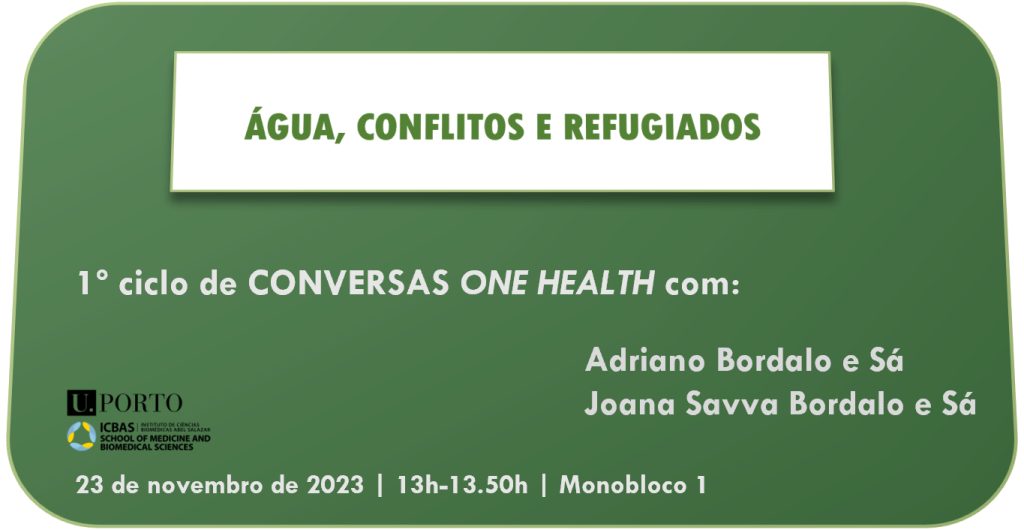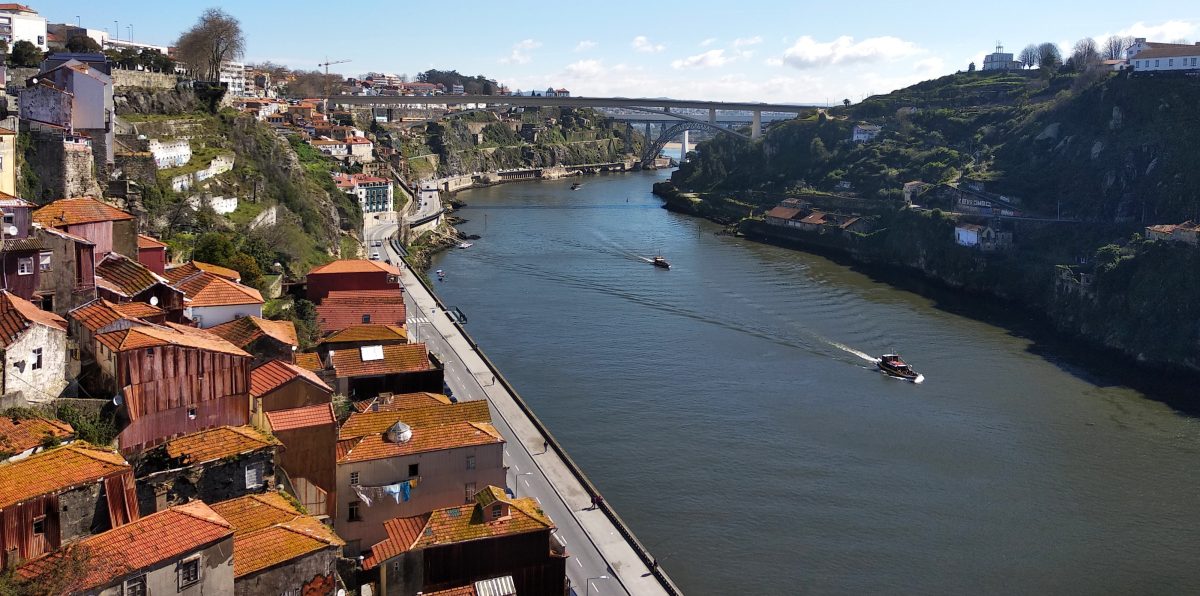By Adriano A. Bordalo e Sá, ICBAS and Joana Savva Bordalo e Sá, IPO-Porto
PORTO – Of all human rights, access to water is one of the most recent. It was declared by the UN General Assembly only in 2010. However, billions of people consume unsafe water worldwide, which causes diseases and eventually kills. Unfortunately, more than half a million children die from diarrhea due to the consumption of unsafe water every year.
During conflicts and war, life gets worse. The recent invasion of the Gaza strip, is yet another painful example alongside the conflicts in Eastern Europe, Yemen, Burma, Sudan, Somalia, Ethiopia, D. R. Congo, among others. Without water there is no rehydration, no hygiene, no health. In malnourished Palestine, infectious diseases are spreading and in Yemen, the cholera epidemic – a waterborne disease – has remained uncontrolled since 2016, having affected nearly 3 million people, especially children.
In the middle of last year, there were 110 million displaced people worldwide, of which a third were refugees, something never seen before. If in the rich parts of Algarve or California every person uses 1,000 liters of water per day (120 in Portugal), the refugees, at most, have 5 liters (half a bucket) available, often filthy, making their lives even more miserable, compromising future generations.
Image – Adriano A. Bordalo e Sá at the ‘One Health Talk’ held at ICBAS on November 23, 2023 Credits: Sofia A. Costa Lima.
